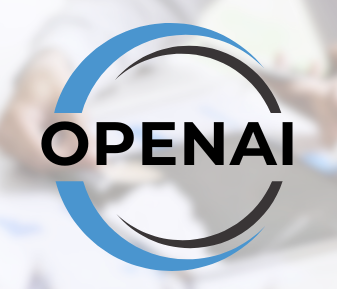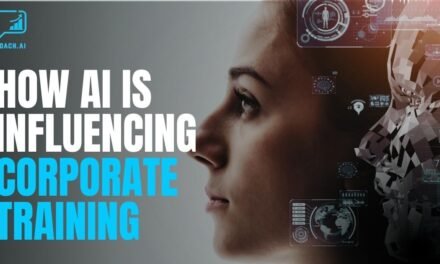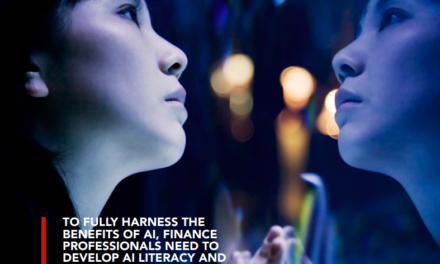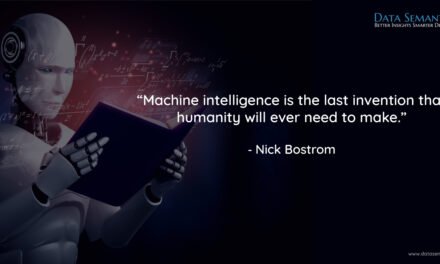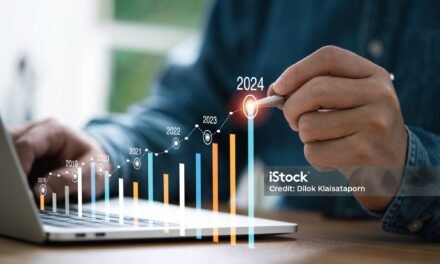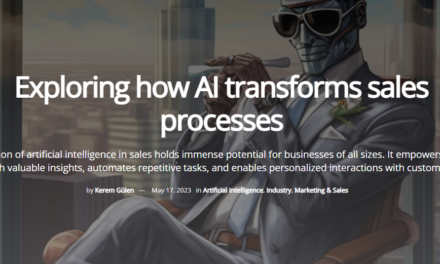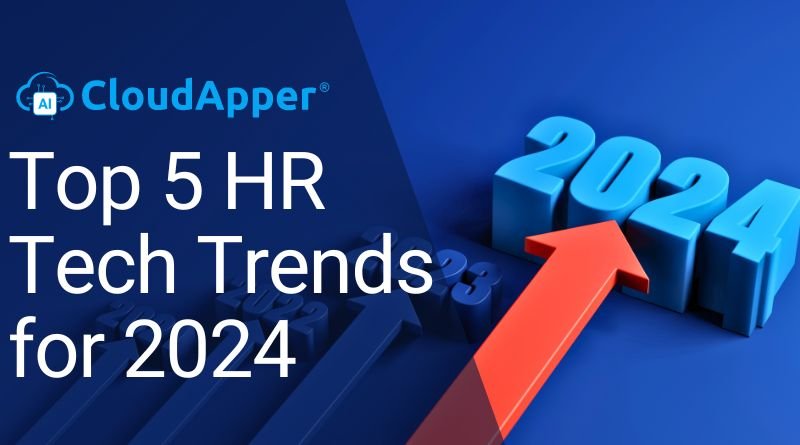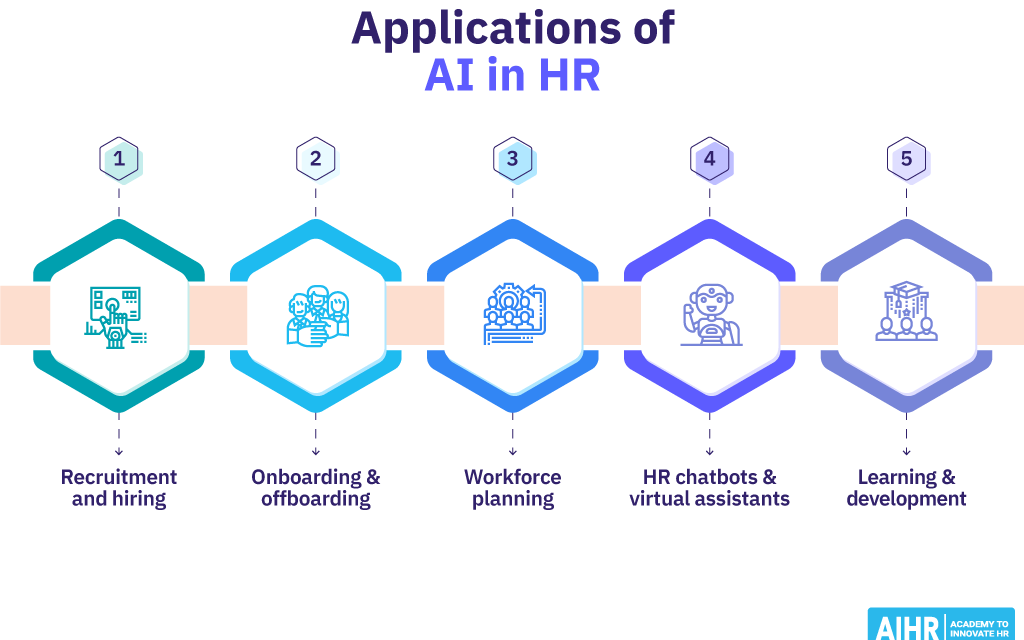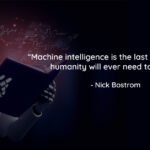The Role of Artificial Intelligence in Human Resources
In recent years, the field of Human Resources (HR) has witnessed significant advancements with the integration of Artificial Intelligence (AI) technologies. As we look ahead to 2024, it is clear that AI will continue to play a crucial role in shaping the HR landscape. This blog post explores the potential impact of AI on HR professionals and how it can revolutionize various HR functions.
1. ai in Recruitment and Talent Acquisition
One area where AI has already made significant strides is in the recruitment and talent acquisition process. AI-powered algorithms can analyze vast amounts of data from resumes, job descriptions, and social media profiles to identify the most suitable candidates for a particular role. This not only saves time and effort for HR professionals but also improves the accuracy and efficiency of candidate screening. In the future, AI is expected to enhance the candidate experience by providing personalized recommendations and feedback throughout the recruitment process. Chatbots and virtual assistants powered by natural language processing can engage with candidates, answer their queries, and provide real-time updates, thereby improving communication and engagement.
2. ai in Employee Onboarding and Training
AI can also streamline the employee onboarding and training process. Intelligent chatbots can guide new hires through the necessary paperwork, provide information about company policies and procedures, and answer frequently asked questions. This not only reduces the administrative burden on HR professionals but also ensures a consistent onboarding experience for all employees. Furthermore, AI-powered learning platforms can deliver personalized training programs based on individual employee needs and preferences. By analyzing employee performance data, AI algorithms can identify knowledge gaps and recommend relevant training modules. This enables HR professionals to provide targeted learning opportunities and foster continuous professional development.
3.AI IN Performance Management and Employee Engagement
AI technologies have the potential to revolutionize performance management and employee engagement. Through the analysis of various data points such as employee feedback, performance metrics, and sentiment analysis, AI algorithms can provide valuable insights into employee performance and engagement levels. HR professionals can leverage this information to identify areas for improvement, address employee concerns, and design effective performance management strategies. AI-powered chatbots can also collect real-time feedback from employees, enabling HR professionals to take immediate action and enhance employee satisfaction.
4. HR Analytics and Decision Making WITH AI
AI can significantly enhance HR analytics and decision-making capabilities. By analyzing large datasets, AI algorithms can identify patterns, trends, and correlations that may not be apparent to human analysts. This can help HR professionals make data-driven decisions related to workforce planning, talent management, and employee engagement. Moreover, AI can automate routine HR tasks such as payroll processing, leave management, and benefits administration. This frees up HR professionals’ time, allowing them to focus on strategic initiatives and higher-value activities that require human judgment and creativity.
The Future of AI in HR INDUSTRY
While the integration of AI in HR brings numerous benefits, it is important to address potential challenges. Ethical considerations, data privacy, and transparency are key issues that need to be carefully navigated to ensure AI is used responsibly and in compliance with regulations. As we look ahead to 2024, AI will continue to evolve and shape the HR profession. HR professionals should embrace AI as a powerful tool that can augment their capabilities rather than replace them. By leveraging AI technologies effectively, HR professionals can enhance their decision-making, streamline processes, and create a more engaging and productive work environment for employees. In conclusion, AI is set to revolutionize the field of Human Resources in the coming years. By embracing AI-powered technologies and leveraging their potential, HR professionals can stay ahead of the curve and drive positive change within their organizations.
Waitage
volume
effects

